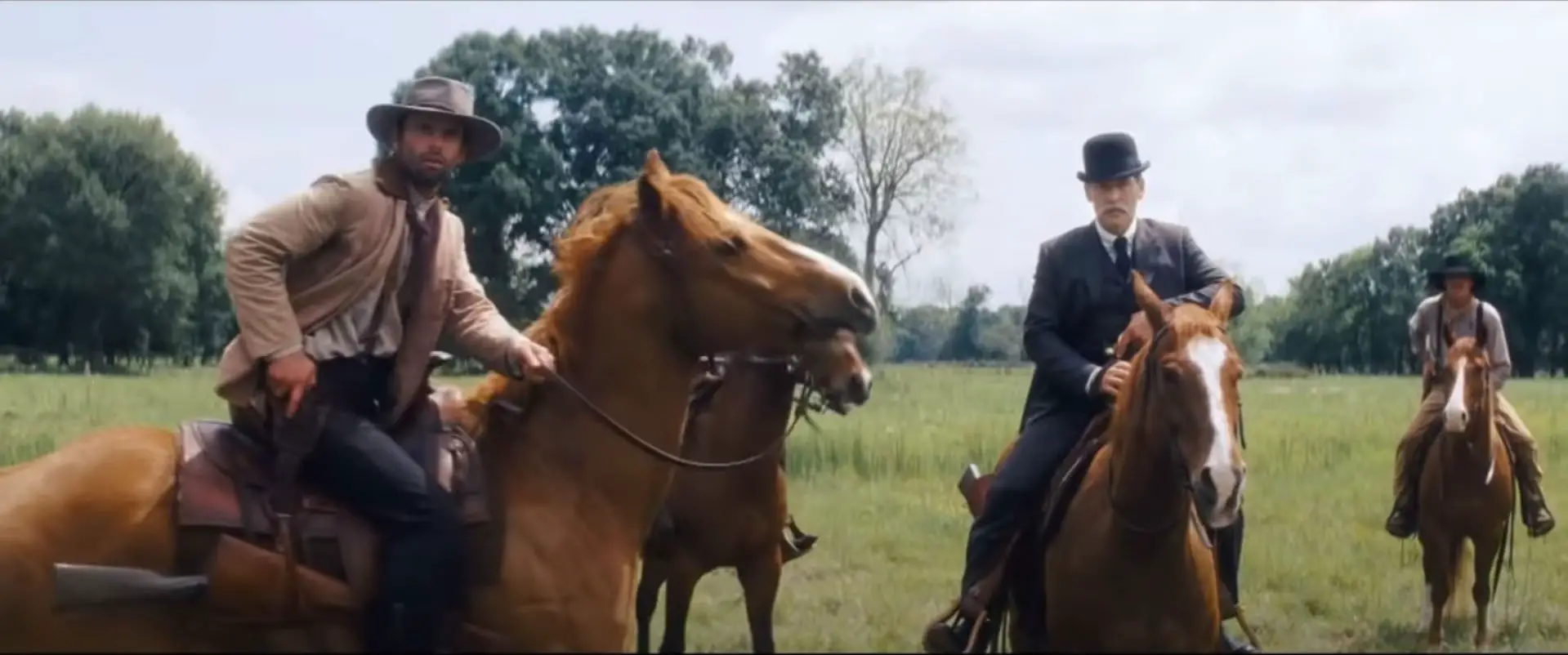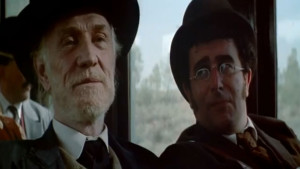
Revisionist Western Movies
Revisionist Western movies challenge the traditional tropes and morality of classic Westerns, offering a more realistic, morally complex, and often critical view of the American frontier. While traditional Westerns tend to glorify rugged individualism, heroic cowboys, and the taming of the Wild West, revisionist Westerns deconstruct those ideals—portraying the Old West as violent, unjust, and ethically ambiguous.
This subgenre emerged in the 1960s and 1970s, reflecting shifting cultural attitudes, especially in response to the Vietnam War, civil rights movement, and a growing distrust of authority. Films like The Wild Bunch (1969) and McCabe & Mrs. Miller (1971) depicted aging outlaws, flawed heroes, and corrupt institutions, emphasizing gritty realism over romanticized heroism.
A key feature of revisionist Westerns is the re-examination of history. Native Americans, often vilified or sidelined in classic Westerns, are portrayed with more nuance and humanity in films like Dances with Wolves (1990) and Hostiles (2017). These movies critique the myth of manifest destiny and highlight the violence and injustice that accompanied westward expansion.
Unforgiven (1992), directed by and starring Clint Eastwood, is perhaps the quintessential revisionist Western. It reflects on Eastwood’s earlier cowboy persona, portraying a former gunslinger haunted by his past who is drawn back into violence. The film questions the nature of justice, redemption, and the consequences of killing.
Modern entries like The Assassination of Jesse James by the Coward Robert Ford and The Power of the Dog continue the tradition with atmospheric storytelling, psychological depth, and historical re-evaluation.
Revisionist Westerns are not just about cowboys—they’re about challenging myths. They strip away the nostalgia and confront the brutal truths of frontier life, offering a richer, more reflective take on one of cinema’s oldest and most enduring genres.


The Assassination of Jesse James by the Coward Robert Ford
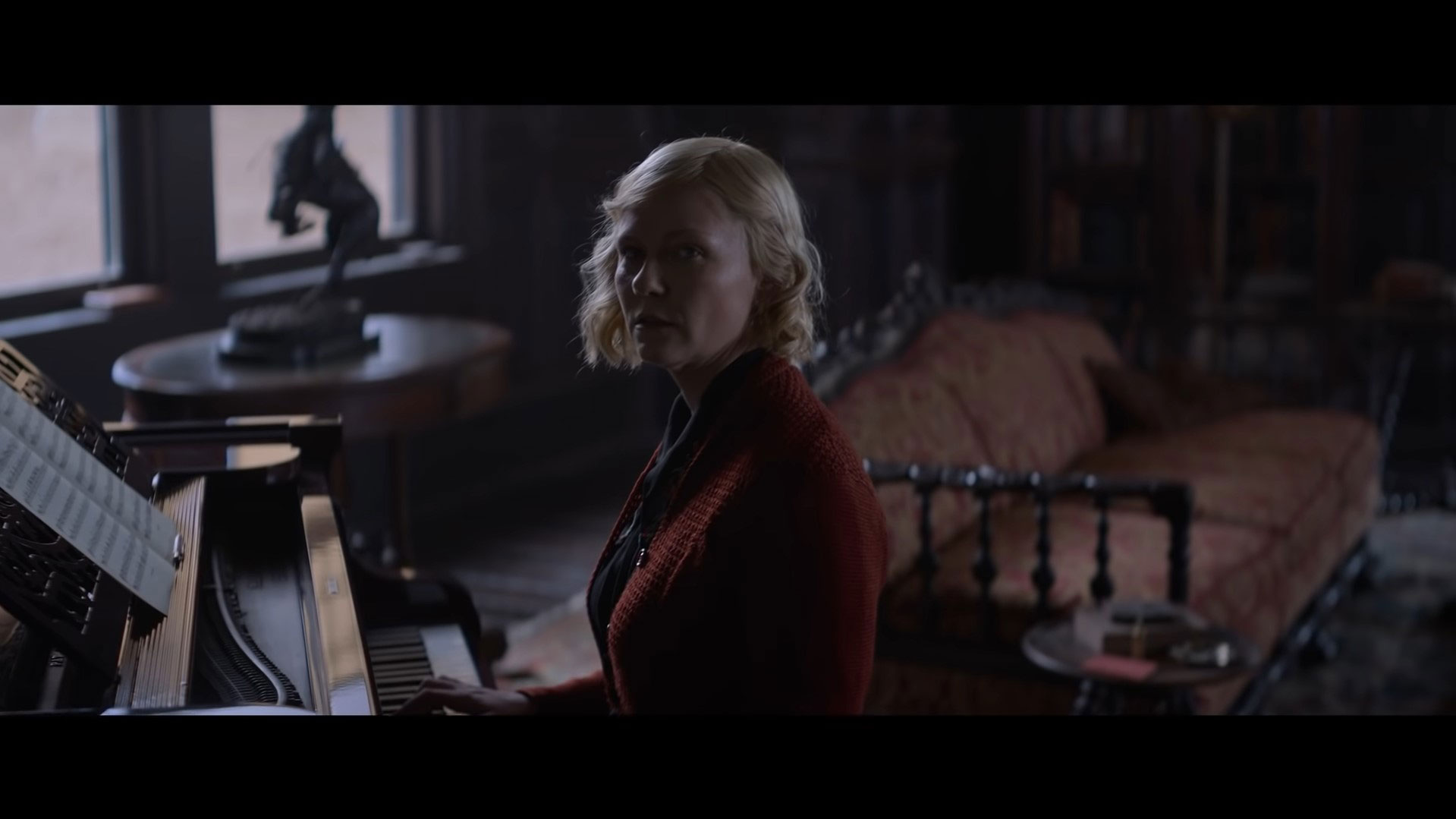
The Power of the Dog
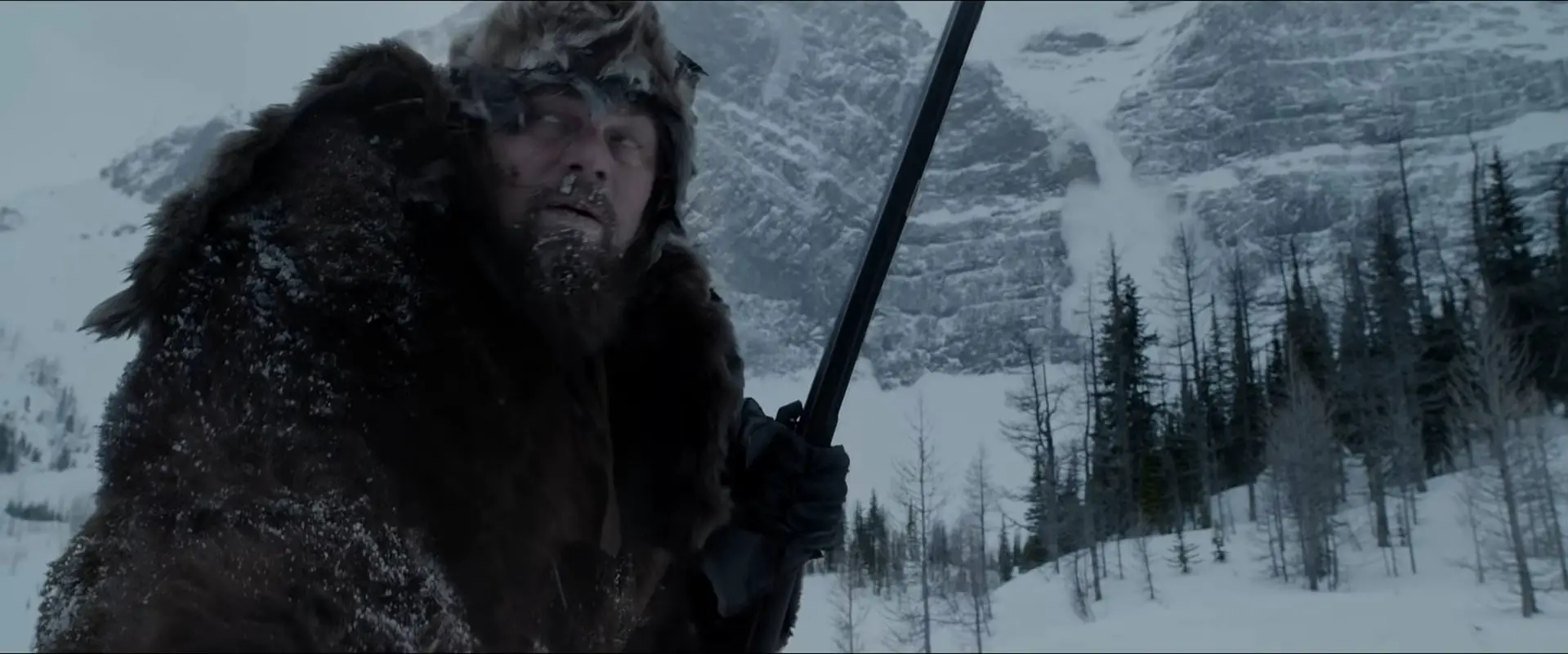
The Revenant
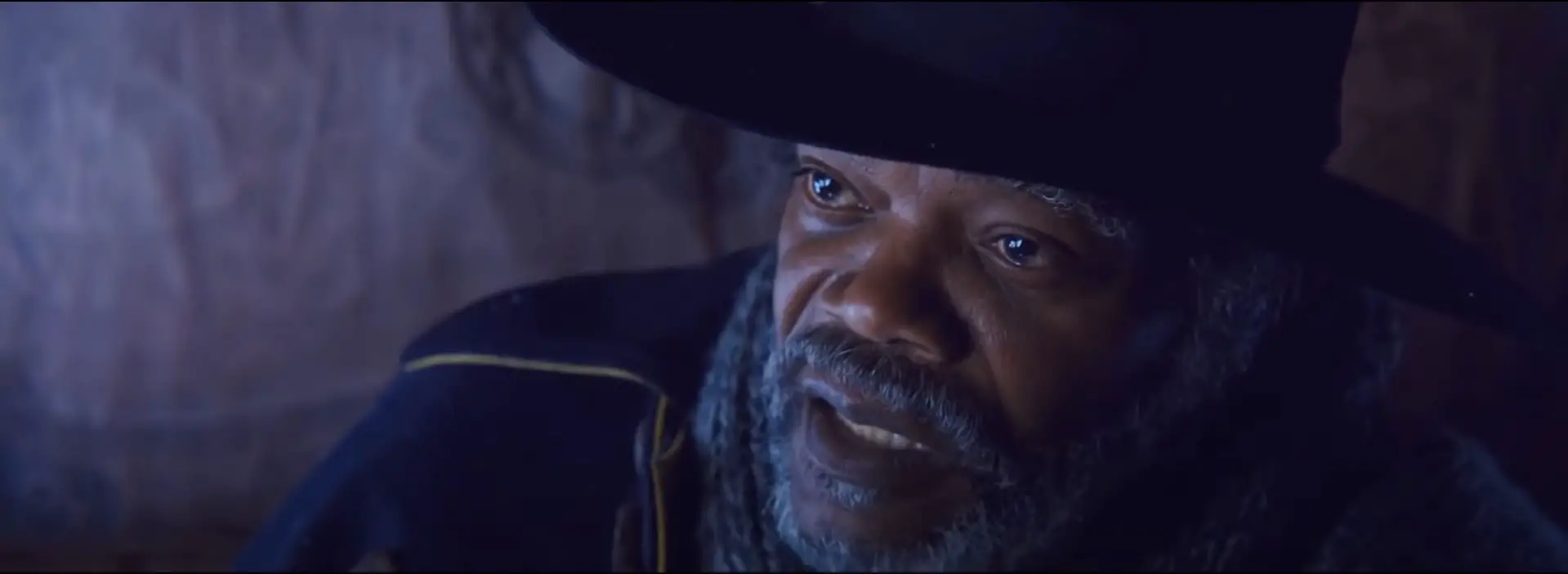
The Hateful Eight
